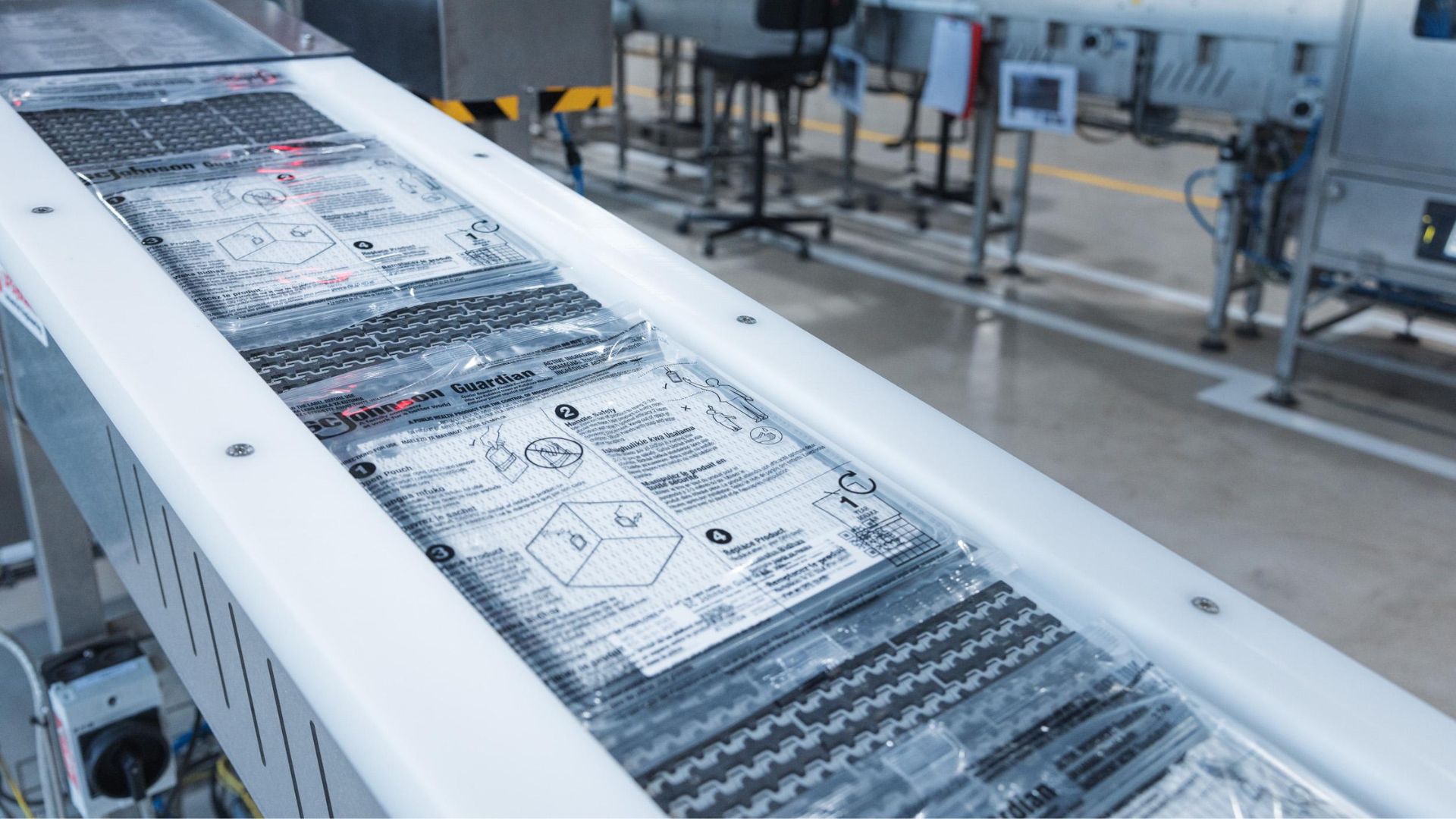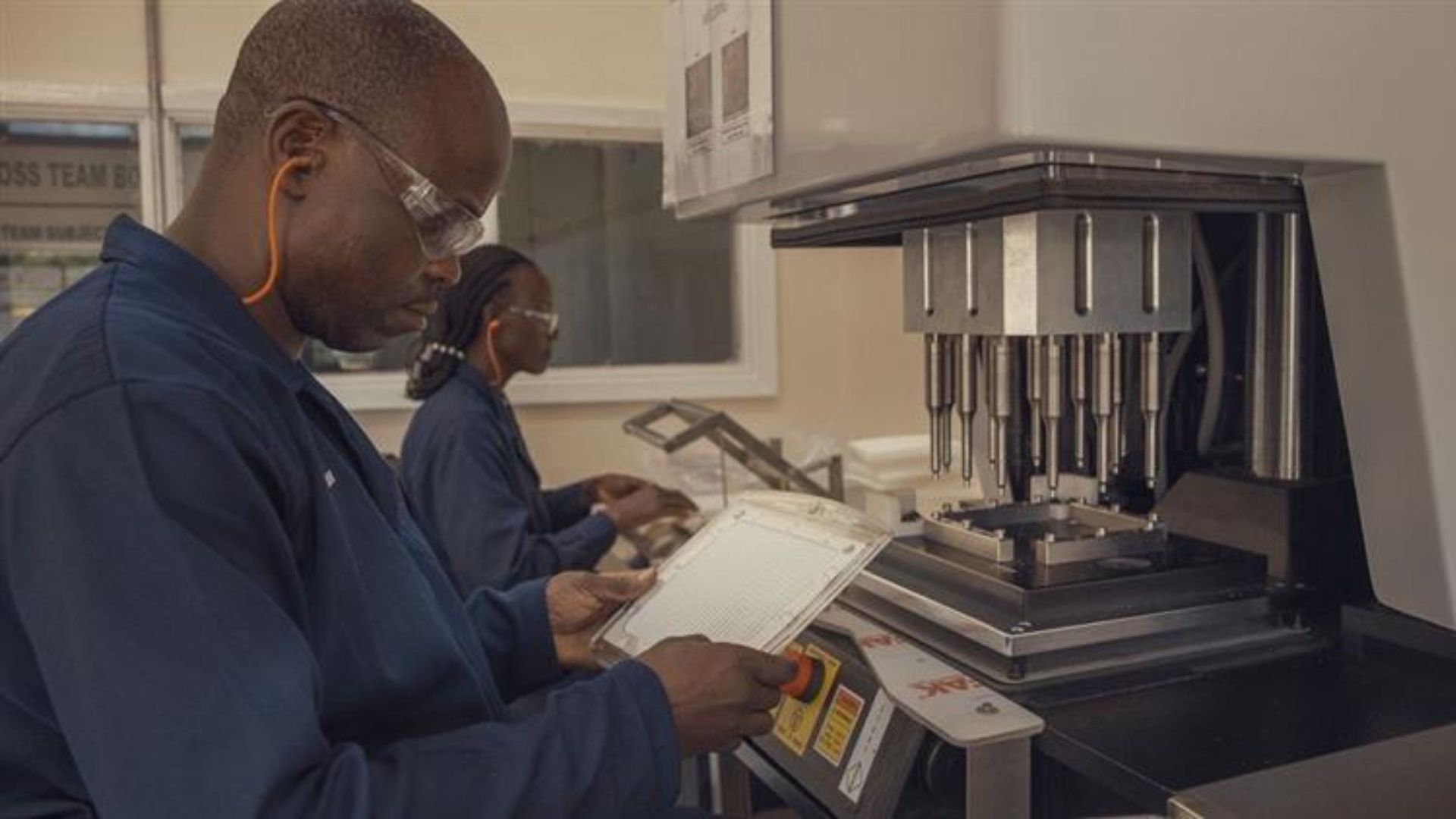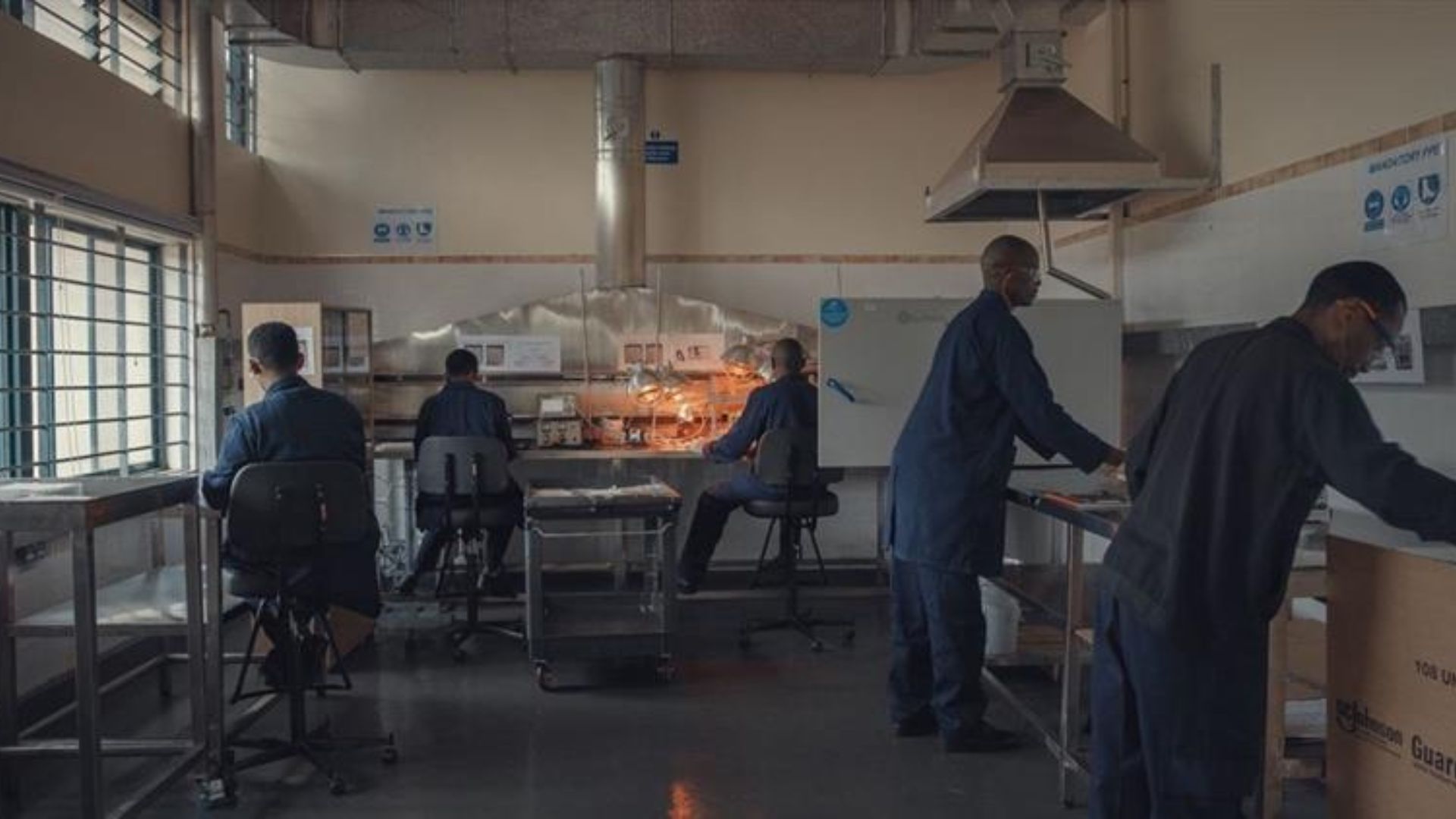Rise of the Guardian: Bringing Innovation to the Front Lines of Malaria
Malaria is one of the deadliest diseases in history. In 2023 alone, it caused an estimated 597,000 deaths and 263 million infections worldwide. According to the World Health Organization (WHO), most of those deaths were children under five.
A repellent spray like OFF!® offers simple, effective protection in many places. But it’s not enough in malaria-endemic regions like Kenya, where mosquitoes thrive year-round and never go dormant. There, families need more than a product. They need a system of protection designed for their daily reality.
Enter SC Johnson Mosquito Shield™ and SC Johnson Guardian™. These innovative spatial repellents are designed to significantly reduce the presence of mosquitos and can help protect the communities that need them most. They are easy-to-use products that can be hung in semi-enclosed spaces, including homes and schools, and have proven effective against repelling multiple mosquito-borne diseases, including malaria, dengue and leishmaniasis.
They are more than just products; they are lifelines. Easy to use, long-lasting, and requiring no power source, they fit seamlessly into the daily lives of those who need them most.

SC Johnson Mosquito
Shield™
.jpg?h=1080&w=1920&hash=F28D1534C9D526D3247FBF83F22D6EB2)
SC Johnson Guardian™
Built on Decades of Expertise
SC Johnson has a long history and expertise in protecting families from mosquitoes and their bites. The company is a pioneer in personal insect repellents and one of the world’s largest manufacturers of insect repellent and household pest control products, including OFF!®, Raid®, Autan® and Baygon®. They opened their first insect research center in 1957. Today, the SC Johnson Institute of Insect Science for Family Health is one of the world’s largest private, urban entomology research centers. The center’s scientists are dedicated to understanding how to best protect against mosquitoes that may carry disease and create products to control them. Understanding insects and the science behind them is their business every day.
For over 60 years, SC Johnson has been leveraging the best of its assets and capabilities to uniquely contribution to eradicating malaria. It brings its knowledge and insight to several key government, industry and NGO partnerships worldwide to help people avoid mosquito bites and the diseases transmitted by mosquitoes.
In 2013, the company formed the SC Johnson Healthier World Initiative, dedicated to helping the world’s most vulnerable, focusing on public health through partnerships and innovations in 26 countries across Africa, Asia, Latin America, and the Middle East. Their focus is on families who are most at risk: those making less than a few dollars per day and living in areas where diseases such as malaria, dengue and Zika are endemic.
It's important work because while the world has made incredible progress against malaria globally, progress on fighting the disease has stalled, especially in some of the hardest-to-reach places. Myriad reasons are contributing to this lack of progress. However, one clear thing was the lack of new strategies to prevent malaria transmission outdoors.
While mosquito control strategies such as insecticide-treated bed nets and indoor residual spraying are effective, they largely target indoor transmission. A critical next step in malaria eradication would be a new intervention that could work alongside bed nets, residual sprays and preventative drugs while overcoming the persistent barriers of access, coverage, cost and ease of use.
That’s the gap spatial repellents were built to fill.
Spatial Repellents: A New Class of Protection
In 2007, SC Johnson began four years of research in China and Indonesia, studying how its spatial repellents impact mosquito behavior and malaria transmission rates. Those trials served as the proof of concept needed for the next stage, larger studies.
In 2017, SC Johnson introduced Mosquito Shield™, a spatial repellent that protects enclosed or semi-enclosed spaces for 30 days without electricity, flames or frequent replacement. It’s ideal for temporary shelters, rapidly deployed health facilities and high-turnover spaces that sprays can’t cover effectively. After successful trials in Kenya, Peru, and Indonesia, large-scale clinical trials funded by Unitaid are underway in multiple at-risk communities and continue to show the efficacy of spatial repellents.
The results are promising. A recent study showed that Mosquito Shield™, when used with insecticide-treated bed nets, reduced disease risk by 33%. It’s the first trial to demonstrate that spatial repellents can have a meaningful impact on malaria prevention – a critical step toward World Health Organization (WHO) policy recognition for this new class of protection.
Following the development of SC Johnson Mosquito Shield™, SC Johnson Guardian™ was released as a spatial repellent that, once opened, lasts for up to One year. Built for durability in harsh conditions, it’s ideal for permanent structures, remote regions, and internally displaced persons (IDP) camps where traditional methods like indoor residual spraying often fall short.
Making Impact at Scale with a Potential WHO Policy Recommendation
Bringing innovative new tools to the fight against malaria is a long and complex process. SC Johnson is currently supporting the remaining research required to include this ground-breaking technology in a potential WHO policy recommendation that could make spatial repellents one of the first new classes of malaria prevention tools in 25 years. This is a significant step, as policy recommendations are essential to creating coordinated national strategies centered around evidence-based standards and proven tools. Inclusion in a policy is key to accelerating implementation, distribution and scaling - and amplifying its impact on reducing malaria and saving lives. Ultimately, getting spatial repellents in the hands of even more people.

Manufacturing for Impact and Access
Earlier this year, SC Johnson opened two, large-scale manufacturing lines at its Nairobi, Kenya plant, where it can produce up to 20 million units of SC Johnson Guardian™ annually. These will be distributed at with no profit to SC Johnson, through public health channels to those who need them most.
Before scaling production, the Nairobi team piloted a multi-step manufacturing process—developed at SC Johnson’s Global Manufacturing facility in Racine, Wisconsin—and adapted it locally. That pilot line produced over 800 units daily, laying the groundwork for a broader rollout in partnership with Kenya’s government and other health organizations.

The effort reflects SC Johnson’s deep-rooted commitment to Kenya, where the company has operated for more than 70 years. It’s also a major investment in local capacity, creating up to 150 new jobs and building expertise in a region that knows malaria firsthand.
With Nairobi’s facility now operating at full scale, the company can reach more families across East Africa—faster and more efficiently—when mosquito season hits hardest.
In 2026, the company plans to open a new line at its plant in Buenos Aires, Argentina to manufacture Guardian, which will produce up to 20 million units annually, reaching 20 million more people.

A Long-Term Commitment to a Healthier
Tomorrow
Over the past decade, SC Johnson has invested more
than $100 million into the development, testing and deployment of
spatial repellents as a public health intervention – including $22
million in Nairobi alone. This is a philanthropic effort that isn’t about
product. It’s about purpose: using our science, scale and expertise to protect
lives.
There is still a long road ahead in the fight against
malaria. It remains a leading cause of preventable illness and death around the
world. Even as more innovations like SC
Johnson Mosquito Shield™ and SC Johnson Guardian™ become readily available, there
is still more to be done to scale solutions and deepen education. This is why
bringing its knowledge, resources and partnership-enabling expertise to reduce
the burden of this disease is among the best ways SC Johnson is at work for a
better world.